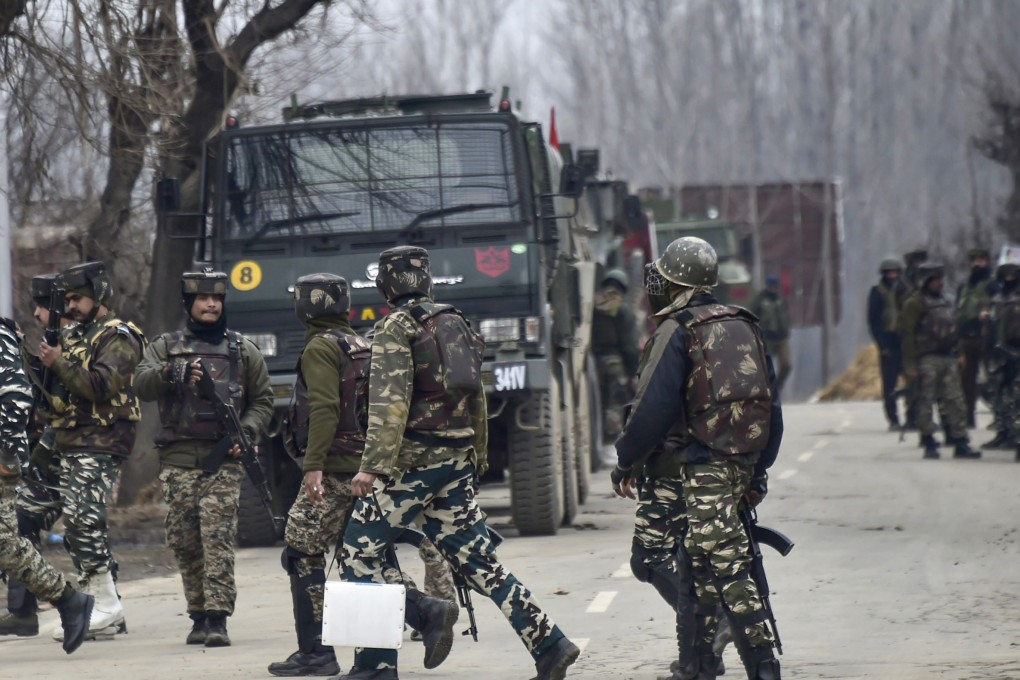Suicide bombing in Kashmir: Pakistan appeals to UN to defuse escalating tensions with India
- Modi has warned Pakistan to expect a “strong response” to the bombing claimed by a Pakistan-linked militant group
- India must be asked to conduct an open investigation on Pulwama incident, Islamabad says

Pakistan’s foreign minister appealed to the UN Secretary General on Tuesday to help ease tension with India that has escalated sharply following a suicide bomb attack in the Indian part of disputed Kashmir, that New Delhi blamed on Islamabad.
“It is with a sense of urgency that I draw your attention to the deteriorating security situation in our region resulting from the threat of use of force against Pakistan by India,” Foreign Minister Shah Mahmood Qureshi wrote to UN Secretary General Antonio Guterres.
“It is imperative to take steps for de-escalation. The United Nations must step in to defuse tensions,” he wrote, blaming India for deliberately ratcheting up its hostile rhetoric for domestic political reasons.
The Pakistani appeal follows days of rising tension between the old rivals after a suicide bomber blew himself up near an Indian police convoy in Kashmir on Thursday, killing at least 40 paramilitary police.